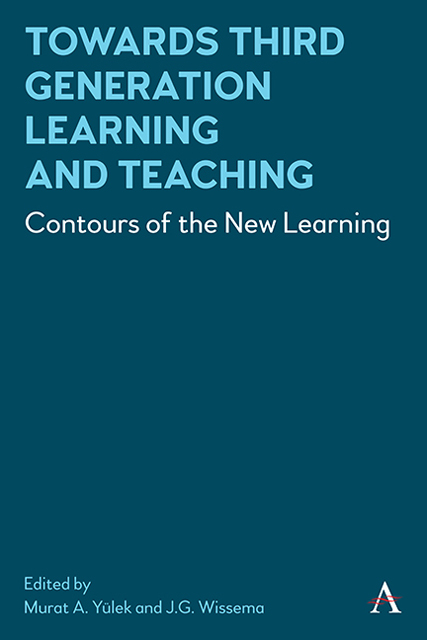Chapter 5 - Social and Emotional Learning—The Lessons from Neuroscience
Published online by Cambridge University Press: 10 January 2023
Summary
Introduction
For centuries schools were focused on the cognitive aspect of learning, while ignoring (or actively suppressing) its social aspect (see Classic and Industrial Learning in this book’s introduction). Accordingly, in the traditional classroom setting, students were separated in individual desks, and were expected to “passively absorb” knowledge from the teacher.
From the mid-twentieth century neuroscience research has become an important front in understanding and unravelling the underlying mechanisms of learning processes. Recent educational-neuroscience research suggests an integrative view of learning, as a cognitive, emotional and social experience (Diamond, 2016; Immordino-yang, 2017; Immordino-yang & Darling-hammond, 2018; Schonert-reichl et al., 2015; Sira & Mateer, 2014). Furthermore, it implies that a learning experience consist of both individual and social-collective aspects. On the one hand, it holds an intimacy of subjective processing and private associations, that differ from one individual to another. At the same time human learning is a social process and highly influenced by cultural, social context and emotional information (Immordino-yang & Darling-hammond, 2018). Brain science has confirmed what antient societies knew by intuition; learning is not a one-way process and students are not empty containers in which teachers pour their knowledge.
In addition, as the world becomes more global and more virtual, there is a growing need and challenge for people to connect. As mankind’s goals (in politics, science and technology) become more complex and ambitious, the need for effective social interactions and cooperation is stronger than ever. Students’ social competences are predictive to future success and well-being as adults in their relationships and as professionals (Taylor et al., 2017). Moreover, intervention studies suggest that unlike previous conceptions, these social competences are not fixed traits, but malleable skills that can be developed through education (Durlak et al., 2011). These findings have supported a paradigm shift in education toward a more holistic, learner-centered approach. Following the rise of a new educational field named SEL in the 1990s (Elias et al., 1997), the theory of SEL has become more accessible and actionable. As this theory was supported by research, and translated into practical teaching methods, school systems have started redesigning learning environments and pedagogy to be more social, interactive and inclusive.
- Type
- Chapter
- Information
- Towards Third Generation Learning and TeachingContours of the New Learning, pp. 67 - 90Publisher: Anthem PressPrint publication year: 2022



